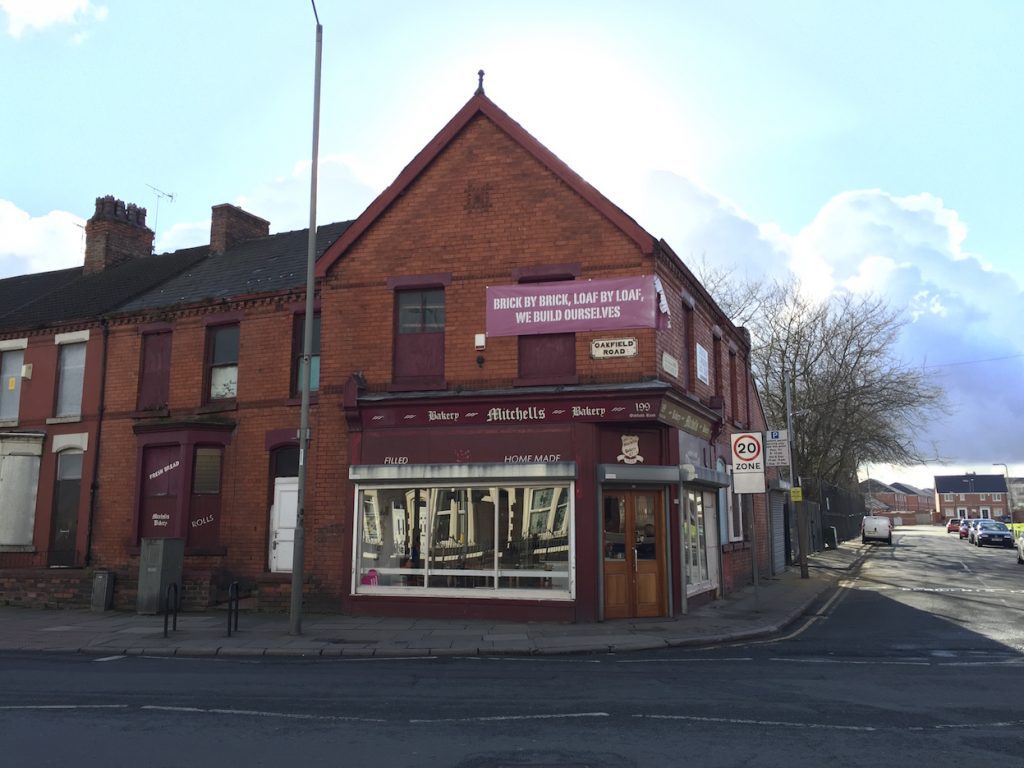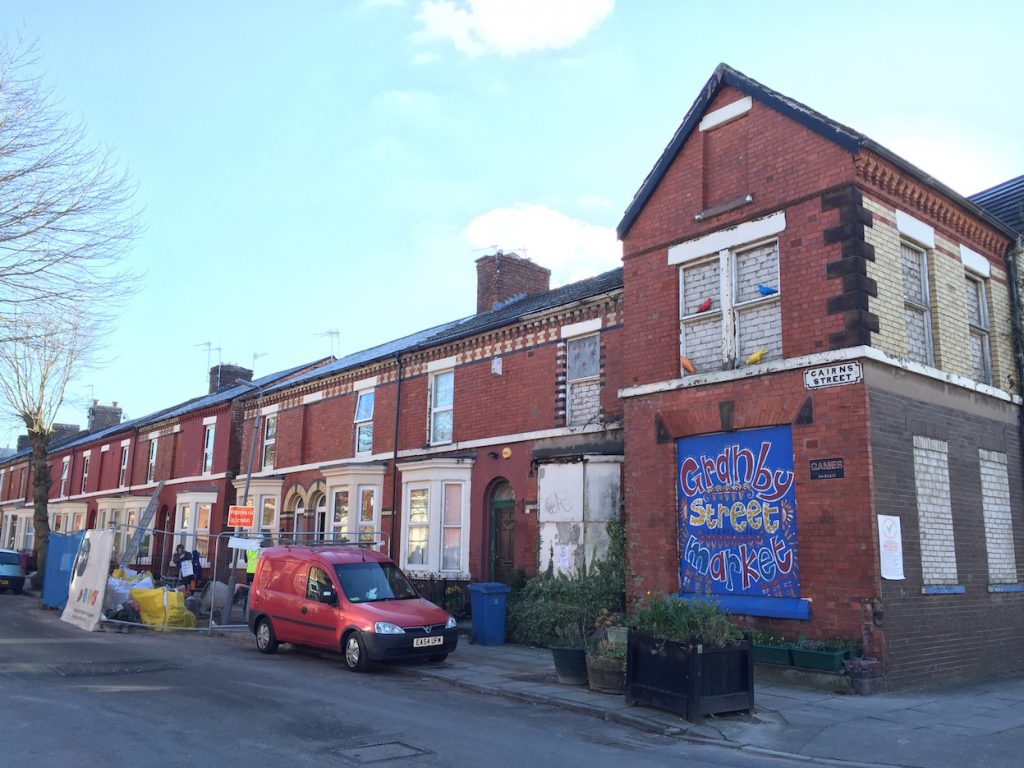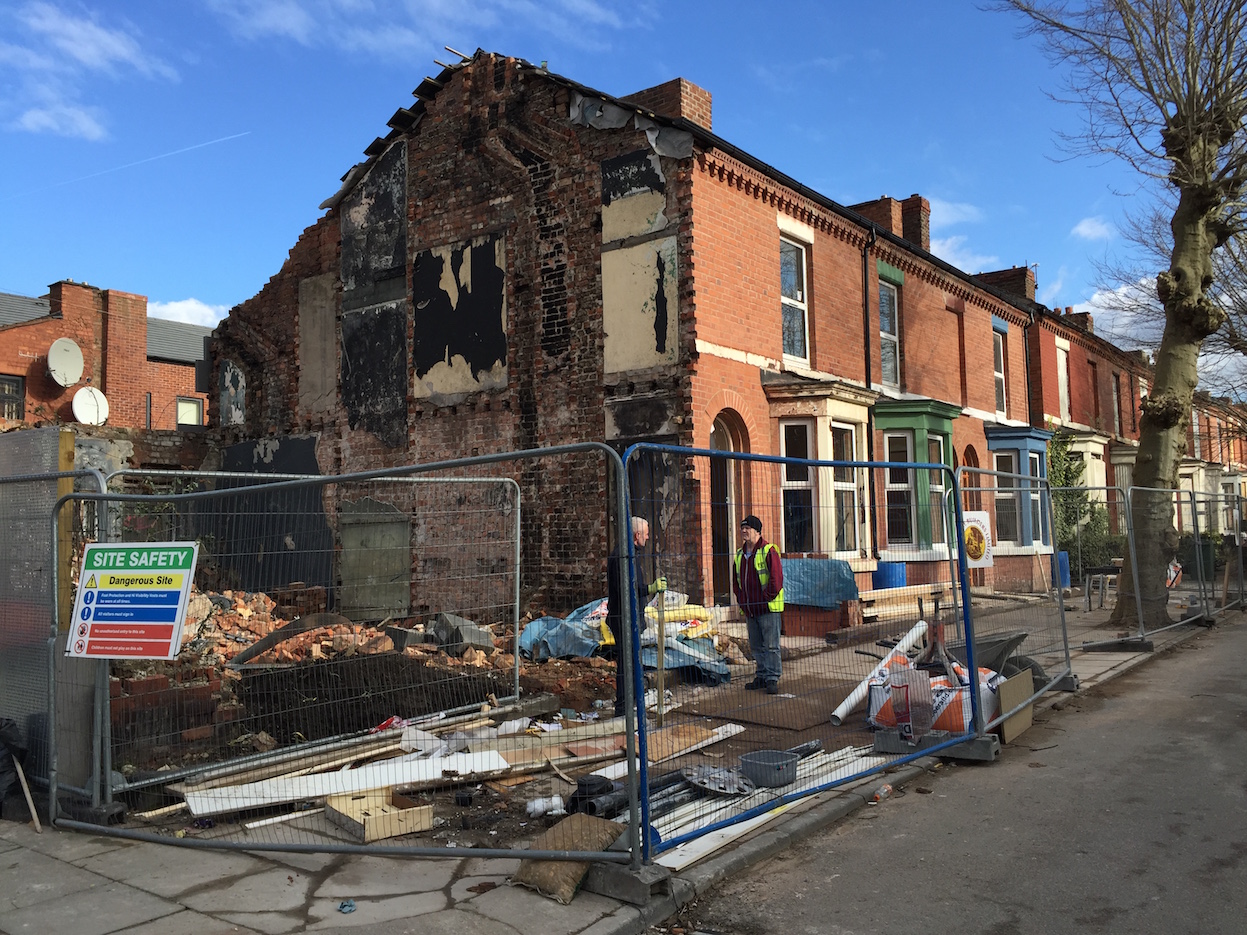Community Land Trusts (CLTs) are a model of community-led development, where local organisations develop and manage homes and other assets important to their communities, such as community enterprises, food growing or workspaces. The CLT’s main goal is to ensure that these spaces are affordable, based on the income level of the locals living in the area. CLTs must be not-for-private-profit, which means that they can make a surplus as a community business, but that such surplus must be used to benefit the community. The National CLT Network brings together CLTs from around the UK.
“Community land trusts can cover any kind of real estate”
This interview is an excerpt from the book Funding the Cooperative City: Community Finance and the Economy of Civic Spaces
How would you describe the Community Land Trust model?
A Community Land Trust is an organisational form in which communities come together to address housing issues. It might be in the middle of London, where property prices are extremely high, where no-one can afford to live, and where there is a lot of overcrowding; it might be in a place like Liverpool, where there has been no investment and there are lots of boarded-up properties; it might be in a rural area where housing prices have increased a lot, with families having to move out and many people with second houses. Perceiving a need, a group comes together to find land. This can be in the form of raising capital from an ethical lender, buying land, being gifted land (which does not happen very often), or through private negotiations with a farmer, and then building houses or developing houses into affordable homes.
Are CLTs limited to housing issues?

CLTs are predominantly involved in delivering housing, but community land trusts can cover any kind of real estate: they can create or secure community gardens, community pubs, community shops, bakeries, any kind of community facilities besides housing. When the community owns the land, that means they can make it affordable. They can sell homes or properties, at about half the market rate. It might be a shared ownership model, it might be a socially rented model. There have been some issues around community land trusts and the right to buy: if as a community land trust, you rent out affordable houses with the ‘right to buy,’ people might buy the houses and bring them back to the market. Therefore at the moment, community land trusts are exempt from the ‘right to buy’ scheme.
What does the National CLT Network do for its members?

The Network organises a yearly national conference which brings together CLTs from around the UK. At the conference ethical lenders, architects, developers, councillors and MPs discuss the Community Land Trust movement. It is an important discussion at the moment, as the Tory government’s policy includes the ‘Right to Buy’ scheme, rent reduction, and all of these changes in the housing sector noticeably impact on CLTs. At the moment there are 225 CLTs in the UK and we lobby the government to make the environment better for CLTs. We support CLTs by giving them advice, we link them up with lenders, with technical advisors, help with funding, and we also raise awareness among CLTs in general. We have got relatively small grants at the moment. We have the CLT Start-Up Fund, which is for people who want to start a CLT. They get technical advice and £4000 for legal advice. And we have the Urban CLT project, which is a £10,000 grant. Hopefully we are moving towards being able to provide CLTs with funding and support from the minute they decide to form, moving them towards sustainability. Currently, there are a few ethical lenders such as Triodos Bank, Ecology Building Society, Charity Bank who are working with Community Land Trusts in order to create loans in capital finance. There is not that many of them, but it is happening.
Interview with Lizzy Daish, former Membership Officer at National Community Land Trust Network, UK and former Trustee of East London Community Land Trust on 26 February 2016


